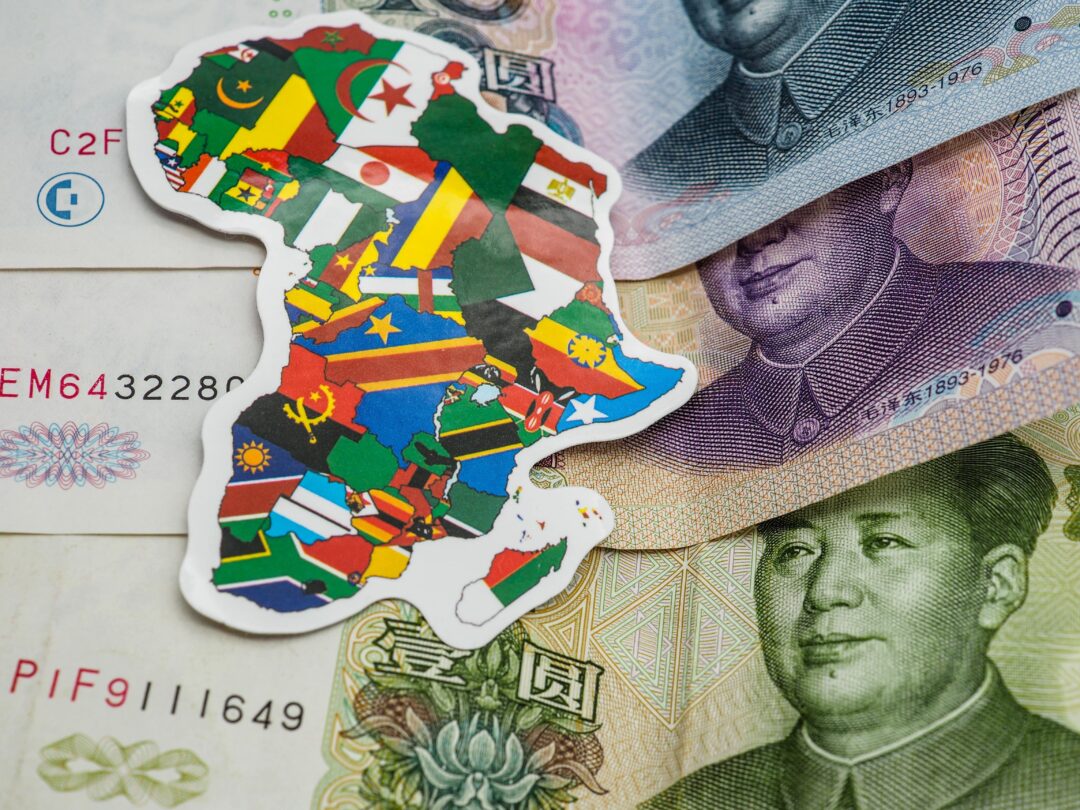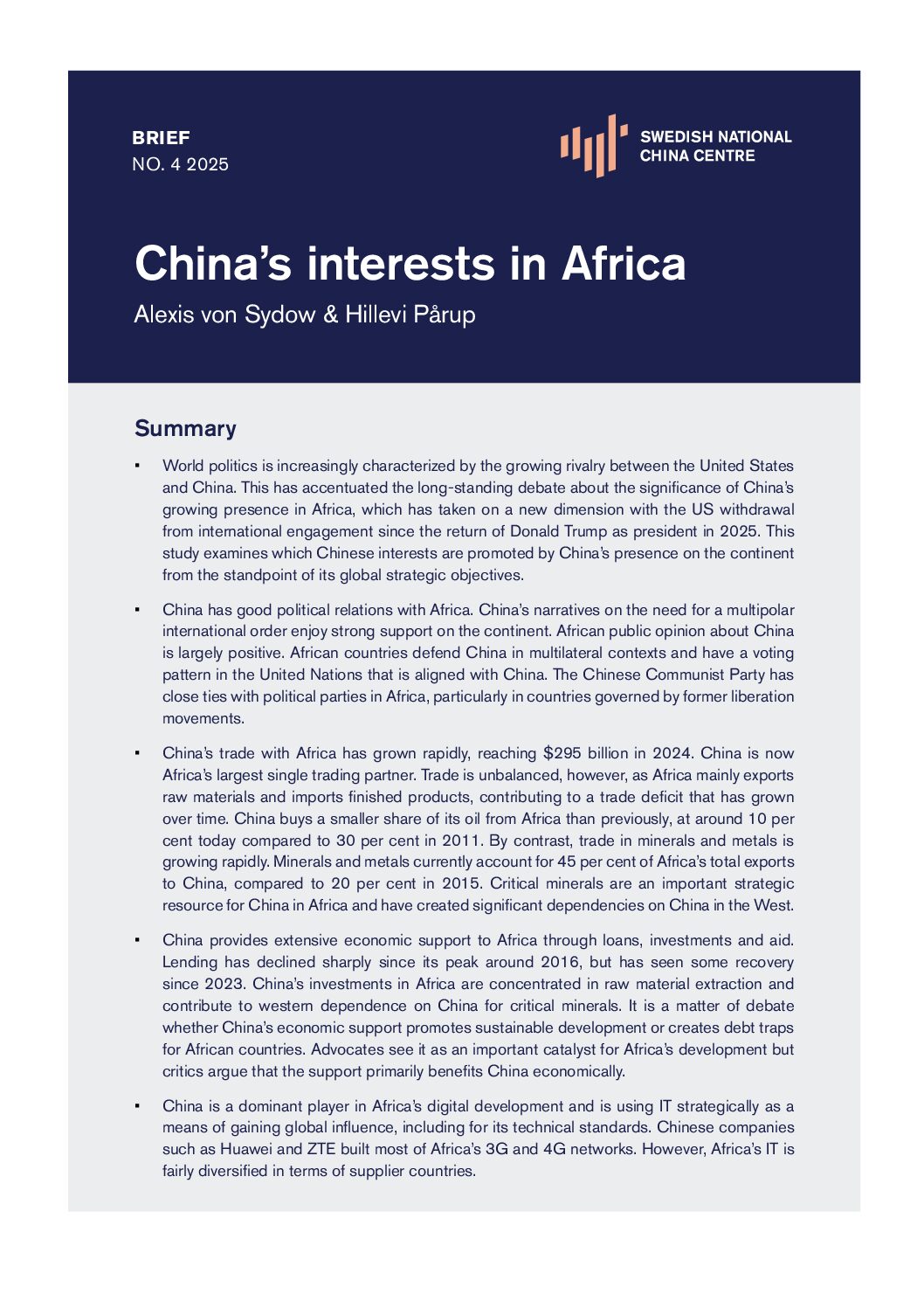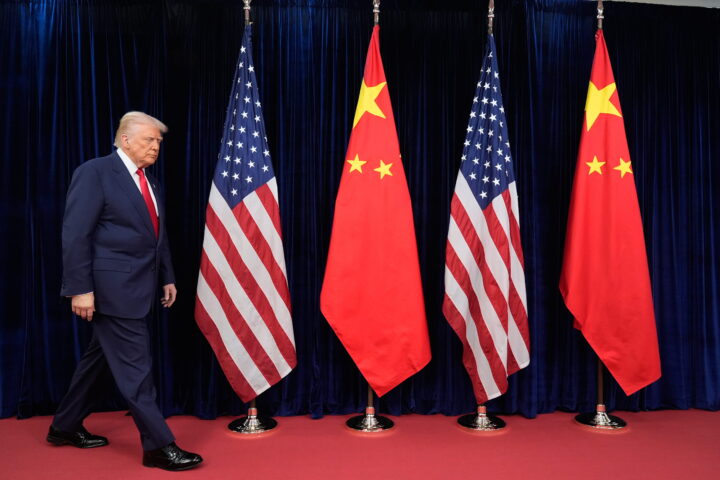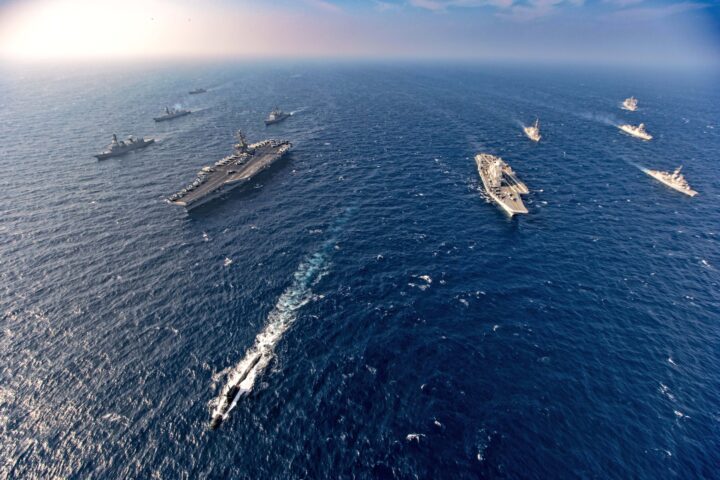
TT / Shutterstock
Summary
- World politics is increasingly characterized by the growing rivalry between the United States and China. This has accentuated the long-standing debate about the significance of China’s growing presence in Africa, which has taken on a new dimension with the US withdrawal from international engagement since the return of Donald Trump as president in 2025. This study examines which Chinese interests are promoted by China’s presence on the continent from the standpoint of its global strategic objectives.
- China has good political relations with Africa. China’s narratives on the need for a multipolar international order enjoy strong support on the continent. African public opinion about China is largely positive. African countries defend China in multilateral contexts and have a voting pattern in the United Nations that is aligned with China. The Chinese Communist Party has close ties with political parties in Africa, particularly in countries governed by former liberation movements.
- China’s trade with Africa has grown rapidly, reaching $295 billion in 2024. China is now
Africa’s largest single trading partner. Trade is unbalanced, however, as Africa mainly exports raw materials and imports finished products, contributing to a trade deficit that has grown over time. China buys a smaller share of its oil from Africa than previously, at around 10 per cent today compared to 30 per cent in 2011. By contrast, trade in minerals and metals is growing rapidly. Minerals and metals currently account for 45 per cent of Africa’s total exports to China, compared to 20 per cent in 2015. Critical minerals are an important strategic resource for China in Africa and have created significant dependencies on China in the West. - China provides extensive economic support to Africa through loans, investments and aid.
Lending has declined sharply since its peak around 2016, but has seen some recovery
since 2023. China’s investments in Africa are concentrated in raw material extraction and
contribute to western dependence on China for critical minerals. It is a matter of debate
whether China’s economic support promotes sustainable development or creates debt traps for African countries. Advocates see it as an important catalyst for Africa’s development but critics argue that the support primarily benefits China economically. - China is a dominant player in Africa’s digital development and is using IT strategically as a means of gaining global influence, including for its technical standards. Chinese companies such as Huawei and ZTE built most of Africa’s 3G and 4G networks. However, Africa’s IT is fairly diversified in terms of supplier countries.
- Africa as a whole is not an important military arena for China. China’s most important security interest in the region is the shipping lanes that cross the Indian Ocean. However, China has security cooperation with many African countries and is engaged in various conflict mediation efforts. Since Russia’s full-scale invasion of Ukraine, China has also become the largest supplier of arms to sub-Saharan Africa. Normatively, China promotes the view that the root cause of conflict in Africa is a lack of development.
- Europe should invest in analysing what its interests are in Africa and how they are challenged by China’s presence. European countries should take advantage of African countries’ desire to diversify their relations in various areas. Europe should review the possibility of strengthen the position of the European telecoms sector in Africa, as well as continue its work to establish partnerships on minerals and metals with African countries.





